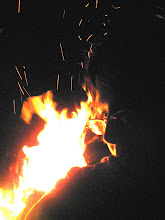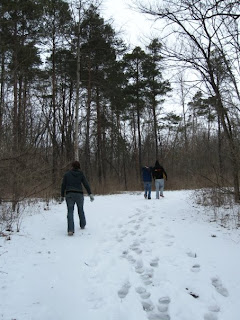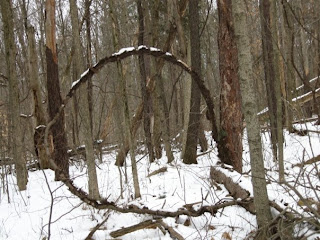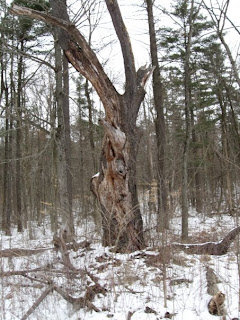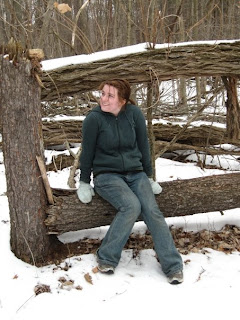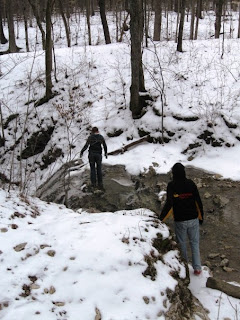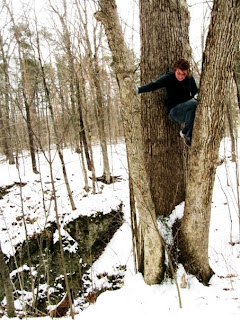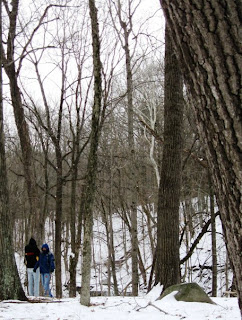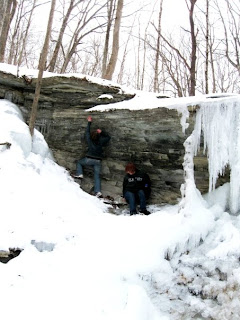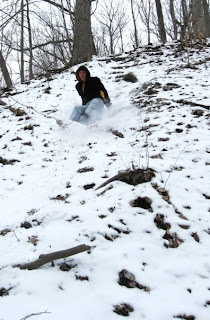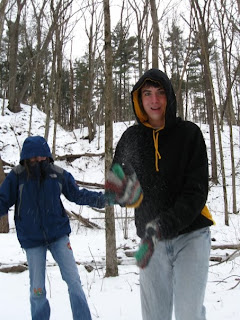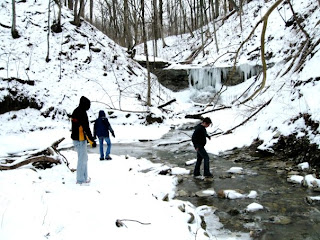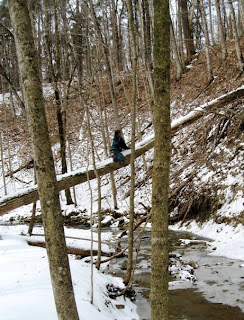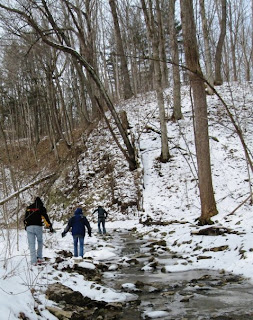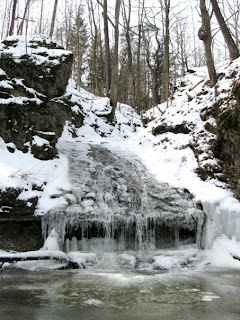
Drema Drudge, a senior here at MC and a so-called "non-traditional student", is an exceptional woman.
After graduating from high school, Drema attended MC for a while. However, she and her husband Barry became aware of the dire need for foster parents. They decided to volunteer as foster parents on a short term basis, but ultimately committed themselves to the long-term care of emotionally handicapped children.
They initially adopted a girl who, had they not provided a home for her, would have likely been institutionalized. Then, a few years later, they adopted a boy. “So, that kind of interrupted things, as far as college was concerned,” Drema said.
The process of being foster parents provided them not only with challenges, but with opportunities for learning and growth. “The man from Allen County Child Protective Services said that she [their adopted daughter] was the third worst case he’d seen in 25 years,” Drema said.
She and Barry rose to the challenge, however. “She’s had a happy ending,” Barry said. “She’s now in college, married and doing very well. She is so intelligent.”Drema is currently homeschooling their son, who will enroll in the public high school next year. She homeschooled both of her children for part of their educations.
As their children grew up and came into themselves as more mature people, Drema was able to return to school. She returned to MC at the beginning of 2007’s fall semester, and will be graduating this spring with a major in English/writing.
During her time away from college, Drema and her family lived for five years in Nashville, TN. “We really loved the multicultural aspect of living there,” Barry said. “We saw so many perspectives on life through the ways the people there were conducting their lives. We realized, you know, that they were really wonderful people. Then, we came back here and, well, we love the people here, but we felt the difference, the lack of diversity.”
Also during this period, Drema wrote three unpublished novels; in her words, “two horrible, one not so bad.”
“Also I had built a bit of a freelance writing career in my ‘spare time’,” she continued, “though I have now shifted my focus to work primarily on my fiction."
And, she says, the pace has been just right. “It’s been good for me to have some distance between high school and college,” Dreema said. “I think a lot of the time if someone goes to college right out of high school, they tend to think of it on some level as an extension of their high school experience without realizing how important and meaningful college can be.”
Which is not to say that her return to college has been without frustrations. For one thing, although the age difference between herself and MC’s many traditional students is often unapparent, it nevertheless exists. “There are moments when I feel like everyone else,” she said. “And then there are moments when one of the other students will say something so… incredibly young.”
Furthermore, it has required that members of her family adapt to the growth in her life. Although this primarily affects her husband and son, of course, it also has resulted in changes in her relationships with the members of her extended family. “I’ve had family members who, as a result of all the growth that’s happened in me since I returned to college, have some extra difficulty relating to me,” Drema said. “You know, ‘Who are you? You’ve changed.’”
However, the benefits have far outweighed the frustrations. “It’s been so worthwhile,” she said. “I’ve learned almost as much from the students as I have from the professors—and I’ve had fabulous professors.”
“It’s funny how people who are necessary for your growth find you at the right time,” she continued. “There have been incidental comments by professors and students that have transformed my way of thinking towards people, towards my writing and towards my faith.”
Barry feels that there is a connection between this willingness to question herself and her beliefs and the benefits that she has gotten from her college experience. “I think that her growth in her writing and in her academics started when she began to allow herself to go anywhere with her writing, when she stopped saying, ‘No, I can’t go there,’” he said.
“We’ve been on a journey for many years of expanding our lives on so many levels, and Drema’s experiences in college have kind of rammed that up another level.”
Following her graduation this spring, Drema will be going on to graduate school at Spalding to pursue an MFA.

